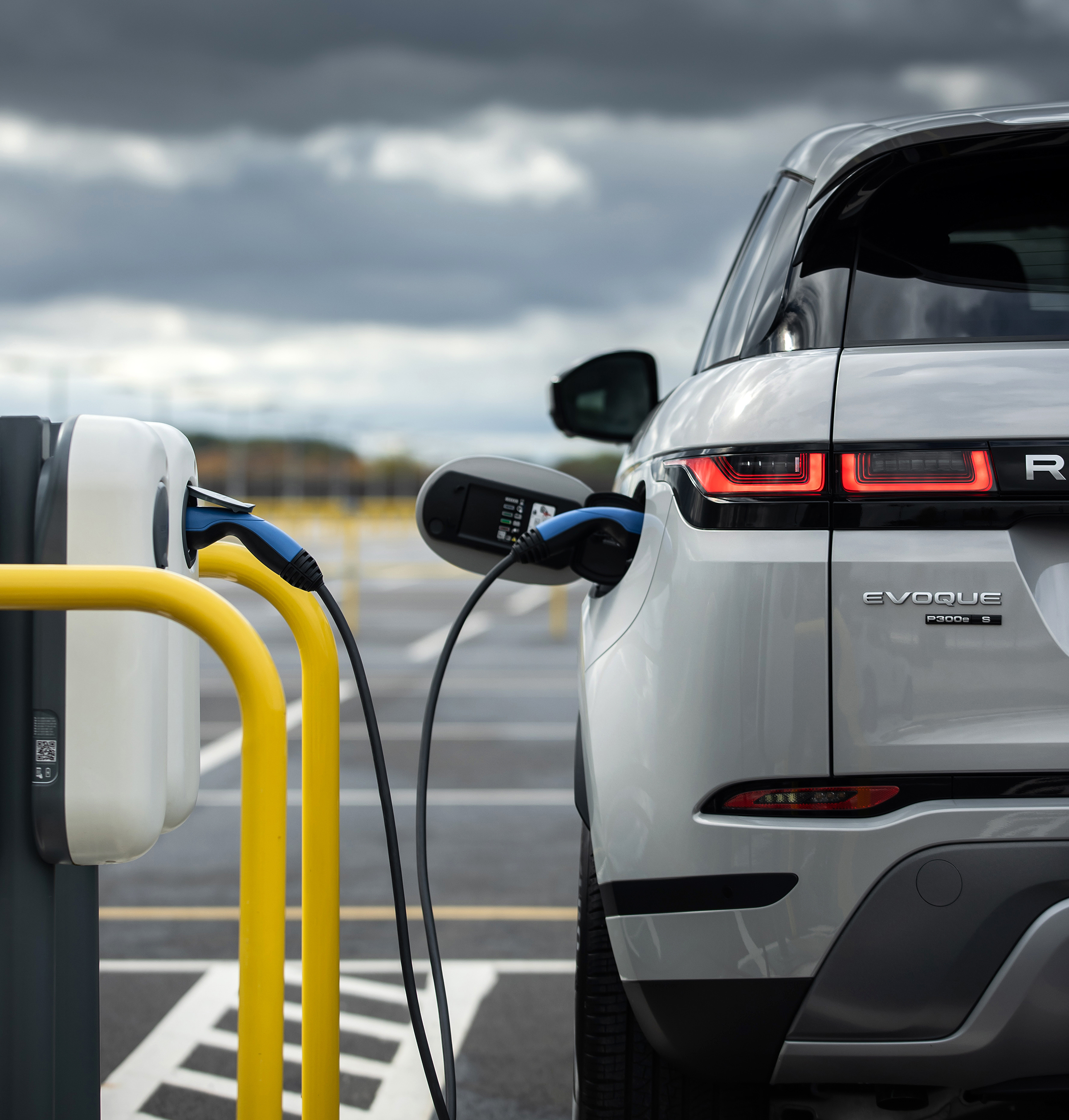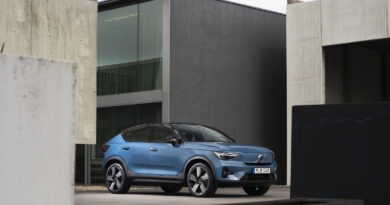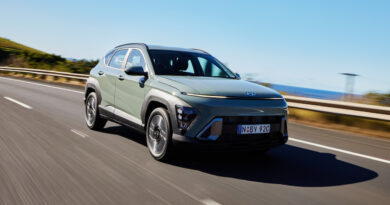The cross-bench on EVs and how electric cars could benefit from the election
The Greens and pro-climate independents could hold the balance of power in the house of representatives in the next Australian parliament.
The Labor party appears most likely to do a deal to form a minority government with them. What the implications of that is for electric car policy is too soon to know for sure.
As it stands, the Labor Party that last night claimed victory is pro EV (or, at least, more pro-EV than the Liberals who showed little interest in encouraging Australians into electric vehicles), but the need to work with the Greens, so-called Teal independents and other independents could impact policy content and timing.
Looking at the EV policies coming from the cross-benchers it seems clear the swap to EVs would be accelerated if they have any power to wield.
READ MORE: What the electric result means for EV buyers
READ MORE: Complete guide to rebates, discounts and incentives when buying an EV in Australia
Here’s what to expect.
The Greens
Australia’s pro-environment party, led by Victorian member of parliament (MP) Adam Bandt, has a comprehensive EV policy that includes a rebate of up to $15,000 on buying an EV for the first 100,000 applicants. Mind you, that’s for an Australian-made vehicle (of which there are currently none and the prospects of a locally made EV are unlikely without some serious government support), so $10,000 for an import would be more realistic.
The rebate total will go down as the volume of sales go up, ending at one million sales.
The Greens also want to introduce a light vehicle emissions standard of 105g/km by 2025, which is the equivalent of about 4.6 litres of fuel per 100km. That’s certainly achievable for hybrid-powered small cars and smaller SUVs, but it’s a more significant challenge for larger SUVs and utes running on petrol or diesel.
The Greens have that ratcheting down to 0g/km by 2030 and requiring 100 percent of sales to be electric, plug-in hybrid or fuel cell vehicles by 2030 (except for specialist vehicles).
Also on the list are a $2 billion spend on infrastructure, the conversion of the Commonwealth fleet to EVs by 2025, the encouragement of local manufacturing and the overriding of state road-user EV charges with a single national plan.
The Greens say they will pay for their plan by ramping up taxation on billionaires, big companies and winding back handouts to big polluters.
Climate 200
This is the organisation that has assisted and raised funding for independent candidates around the country, although each has their own policy positions.
But as the organisation’s name suggests, they are all climate activists and all are pushing for an increased EV take-up.
High-profile candidates include sitting Tasmanian MP Andrew Wilkie, Allegra Spender in Wentworth, Dr Monique Ryan in Kooyong, Indi member Helen Haines, Zoe Daniel in Goldstein, Dr Sophie Scamps in Mackellar and Kylea Tink in North Sydney.
In her policy platform, Spender calls for the introduction of fuel emission standards and tax incentives and the adoption of a target that 75 per cent of all vehicle sales be EV by 2030.
“Electric vehicles are cheaper in the long run, healthier, and better for the environment,” she summarises.
Daniel, a former ABC journalist who has unseated Tim Wilson, also wants a fuel efficiency standard adopted.
She also wants backing for entrepreneurs who are creating jobs around electric vehicles, batteries and charging, an accelerated rollout of battery charging infrastructure and a restructure of rebates and taxation including fringe benefits and the luxury car tax.
“Transitioning to electric mobility not only leads to lower carbon emissions but also reduces pollutants and traffic noise in our suburbs.,” Daniels noted in her policy.
Dr Ryan proposes a $5000 rebate for the first 300,000 EV buyers in addition to existing rebates and the local manufacture of batteries to cut purchase costs. And like the others, she wants the introduction of fuel emissions standards.
“Setting a sunset date on new fossil fuel vehicle sales in line with commitments in other markets (eg. UK by 2035), will prevent Australia becoming a dumping ground for high emissions models,” she states.





It’s a start.
My instincts want an emissions regulation system that taxes high emitters (100K km + turbo diesel tradie utes driven like sportscars) but the politically savvy move would be to incentivise the transition to EVs.
So the new Gov’t are on the right track and the Greens will keep them honest IMHO.